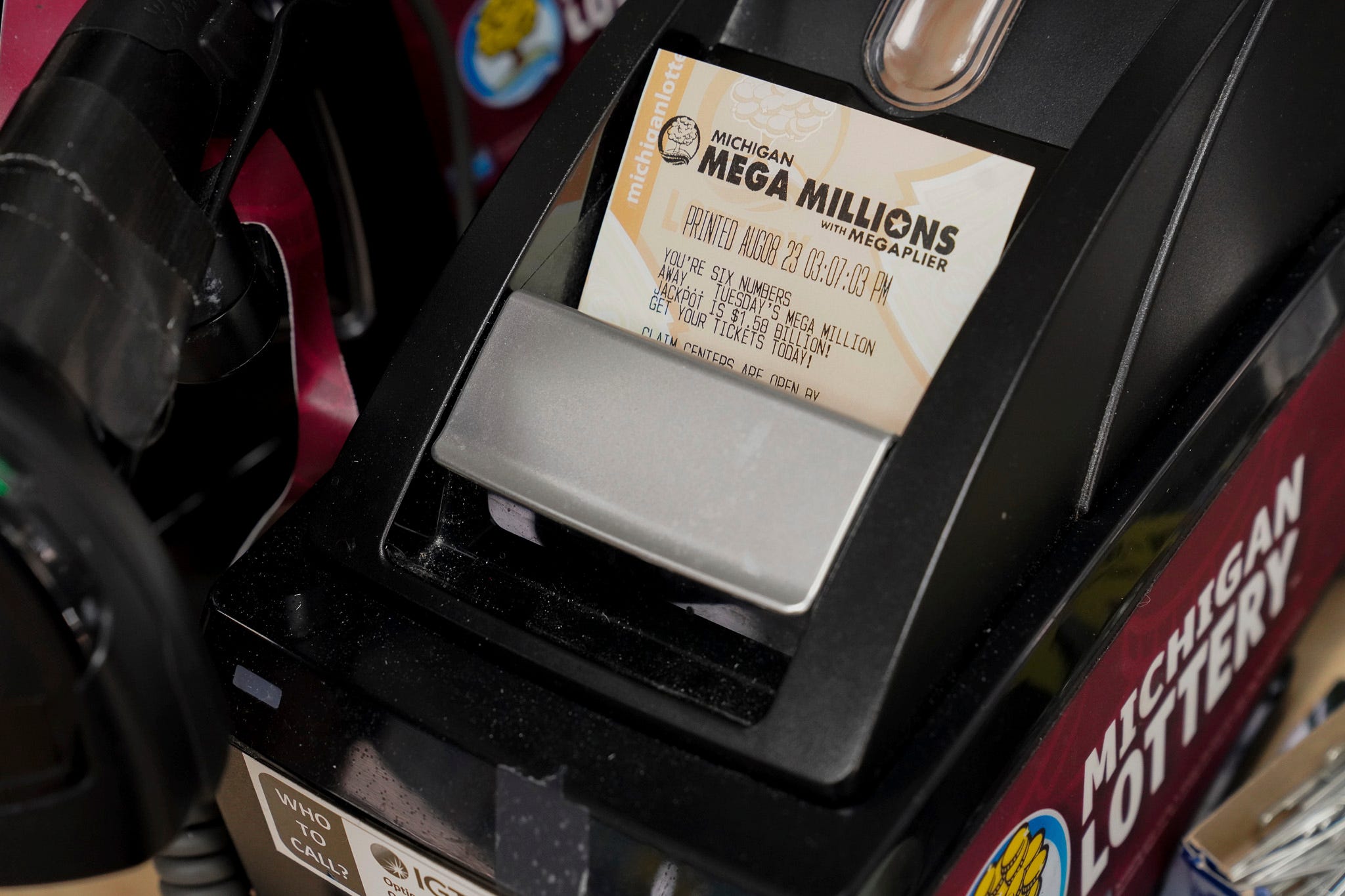More than 80 percent of traffic tickets in one predominantly white New Jersey town were issued to black and Hispanic drivers, according to a study released Tuesday.
Minority drivers traveling in Bloomfield are disproportionately targeted by cops, the study conducted by students at Seton Hall University’s School of Law found.
The school analyzed in-court appearances and a database of about 9,715 tickets in the town over a four-week period in October and found “a persistent and disproportionate representation of African Americans and Latinos in the courtroom as compared to their representation” in both the town and New Jersey as a whole. The study also found that most of the tickets were issued near the borders of East Orange and Newark.
“We made two important discoveries,” said Mark P. Denbeaux, the director of the school’s Center for Policy and Research. “The Bloomfield Police run an extremely effective border patrol that targets people of color, and they employ discriminatory traffic stops and ticketing to produce a lucrative revenue stream for the Township.”
As part of the study, Seton Hall students drove through the town with police officers in a segment created for VICE NEWS.
In a statement Monday, Bloomfield Police Director Samuel DeMaio questioned the methodology, which he called “exceptionally flawed.”
"While the issues of social justice and racial profiling are important ones and we applaud the students for attempting such a study, we take issue with the exceptionally flawed and invalidating nature of the report's methodology," he said.
Local
DeMaio said the students only spent 70 hours in courtrooms and only saw a small sample of drivers who contested their tickets, while ignoring drivers who paid their fines. They also identified drivers as Latino based on their surnames because the city’s ticketing systems didn’t account for race in 2015.
DeMaio said Denbeaux’s claim the city was enforcing a “border patrol” was false, and that the department deployed additional officers to areas near the borders of the town because that’s where most crimes occurred.
“While we take no issue with being studied by the students, we take significant issue with the misleading and deeply unsound report that was the result of their study,” DeMaio said.
But at least one resident, Marcus Jeter, said he thinks racial profiling is a problem in Bloomfield. Jeter, the subject of a 2012 stop that ended with two cops in jail, said not much has changed since then, and that he is still jumpy about driving through the town.
“Nothing has changed,” he said. “I think it has gotten worse.”



